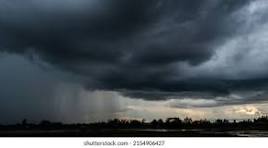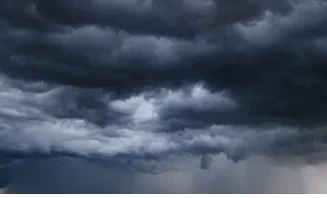Skip to content
- Stay informed – Listen to weather updates and alerts on TV, radio, or mobile apps.
- Move to higher ground – Immediately go to higher areas or upper floors if flooding starts.
- Avoid floodwaters – Don’t walk, swim, or drive through floodwaters; even shallow water can sweep you away.
- Turn off electricity and gas – Switch off the main power supply to prevent electrocution and gas leaks.
- Prepare an emergency kit – Keep essentials like water, food, torch, batteries, medicines, and first aid ready.
- Don’t drive in floods – Cars can be swept away in just a few inches of water.
- Stay away from rivers, canals, and drains – Water levels rise quickly and can be very dangerous.
- Protect against disease – Avoid contact with dirty water and use clean, boiled, or bottled water for drinking.
- Keep important items safe – Store documents, money, and valuables in waterproof bags.
- Follow evacuation orders – If authorities tell you to evacuate, leave quickly and safely.

Related News
 See also:
See also:











